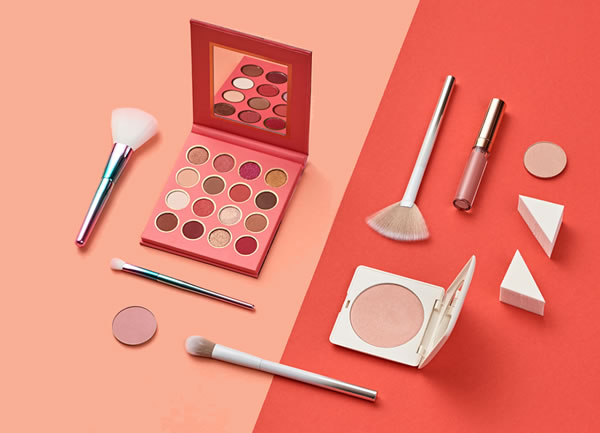How delicate is baby skin?
Baby skin is more delicate than that of adults and can be damaged by coarse fabrics or rough towels, for example. This is partly because baby skin is slightly thinner than adult skin (about 20 to 30%). It is also because skin responds to the environment and babies are making the transition from life in the womb to life in the outside world, and therefore experiencing it for the first time. Baby skin also has a higher surface pH (a scientific measure of acid or alkaline).
Personal care products made for babies and infants are formulated to take these factors into account; for example, they use milder cleansers, low levels of fragrance and the pH is carefully controlled to ensure compatibility with the skin. Also, there is an enhanced safety assessment legally required for all cosmetic products intended for use on children under three years of age.
Generally, bathing a baby in water only is the recommendation for the first two to four weeks of life but after this point, it is safe to use personal care products which are intended to be used on babies and infants. NHS Choices has advice on washing and bathing your baby.
Can ingredients be more easily absorbed through infant skin?
No. In fact, babies are born with skin which is very nearly complete in its barrier function and this further matures within the first two to four weeks after birth, providing an effective barrier to external substances. Although baby skin may be physically more sensitive than adult skin, and thus requires gentle handling, from the point of view of being able to keep out unwanted substances, baby skin is an effective barrier.
Top tips for keeping children safe in the sun
-
Keep them covered: One of the best ways to protect your child's skin from the sun's rays is to keep children covered up with loose-fitting, tightly-woven clothing and a wide-brimmed hat. Children's eyes can be more sensitive to UV light than those of adults, so they also need protection. Invest in a good pair of sunglasses for your child with 100 percent UV filtration (it's important to remember that toy sunglasses may provide no protection at all).
-
Stay in the shade: Set up your children's play areas in the shade so they are less likely to suffer from over-exposure to the sun. The sun is usually at its most intense between 11am and 3pm, so shade is even more important during this time.
-
Wear sunscreen: The British Skin Foundation recommends that children should use a minimum SPF 50 product with UVA protection. Of course it is important to try to keep sun exposure to a minimum for young children and especially babies under the age of six months. Sunscreen should be applied 15-30 minutes before going out in the sun and again around the time of going out in the sun. Then reapplied every couple of hours throughout the day. Remember to re-apply if your child has been playing in the water and never use sunscreen to extend the time they spend in the sun.
-
Healthy and hydrated: Make sure your child drinks plenty of water, particularly in hot weather; keeping up their water intake prevents dehydration and maintains healthy kidneys and bladder.
-
Be wary of temporary tattoos: Temporary tattoos are a popular holiday treat for children, especially when visiting foreign countries, but be aware of the dangers they could pose to your child's skin. So-called "black henna" versions can contain substances that are illegal for use in tattoos and which can cause nasty skin reactions. See our video and read our 'Black Henna' Temporary Tattoos factsheet to find out more.
-
Vitamin D and the sun: Vitamin D is essential for good health and, in particular, to maintain healthy bones. Sunlight acts on the skin to produce vitamin D; but excessive sun exposure can cause damage too, so there needs to be a balance.. When exposed to the sun it is still important to protect the skin from the harmful effects of UV rays.


